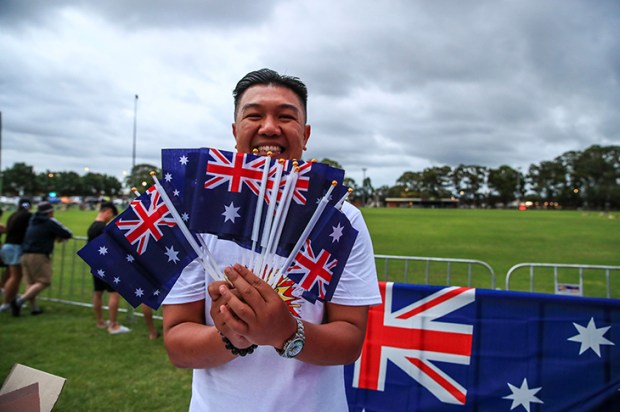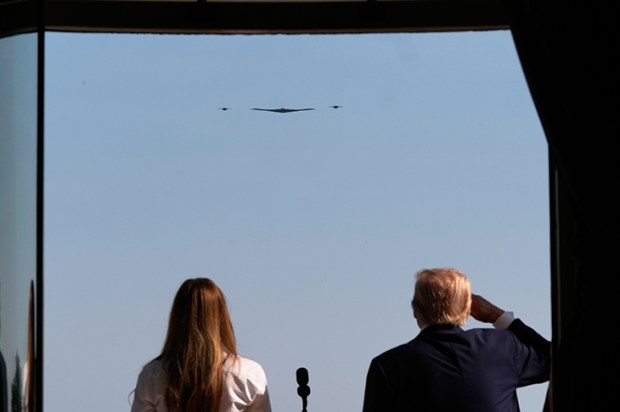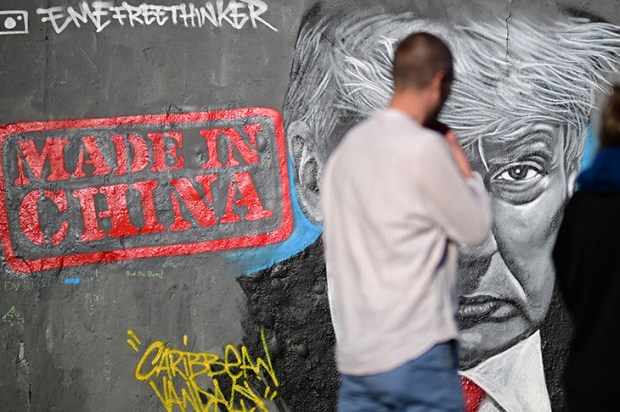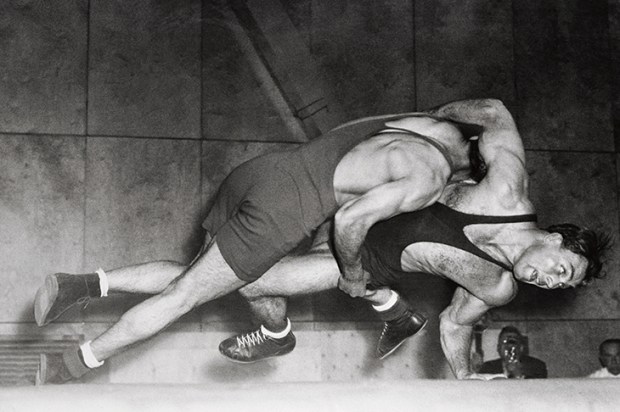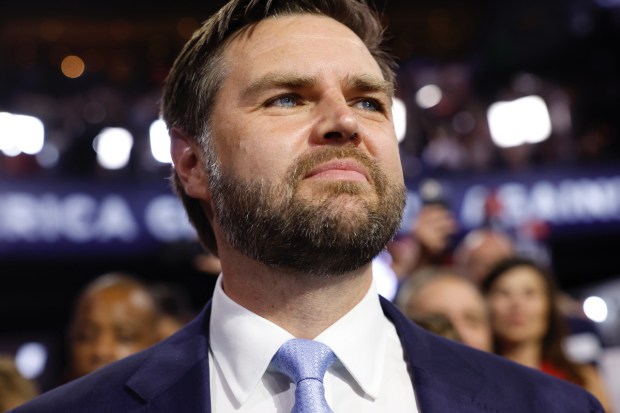Will the week that shook the world awaken Europe from its strategic slumber? On 12 February, Trump talked to Putin on the phone and Defense Secretary Pete Hegseth told Nato leaders in Brussels that the US would prioritise domestic concerns and the China threat over Ukraine. Vance’s tough love speech in Munich, the Marco Rubio delegation to Riyadh for peace talks with Russian counterparts without Europeans and Ukrainians and Trump’s Truth Social spray at Zelensky followed in quick succession. The last was a signature mix of bombast, hyperbole and braggadocio. Millions may not have died in the war but hundreds of thousands have. Ignoring the exaggerations and narcissism, I focus on four big issues.
First, Trump has already walked back his off-the-cuff false claim on TV that Ukraine started the war. On Truth Social he wrote the war ‘never had to start’ and ‘couldn’t be won’. As Kissinger said, ‘No great power retreats forever.’ To Westerners, Nato enlargement was a natural adjustment to the realities of post-Cold War Europe and the historical antipathy of eastern Europeans to Russia. To Russia, it was a threat to core security interests. To a disinterested outsider, Russia’s hostility to Nato missiles in Ukraine bears striking parallels to the US willingness to risk nuclear war in 1962 because of Soviet missiles in Cuba. Any independent-thinking analyst should be able to grasp a direct hypothetical analogy involving China meddling in Canada or Mexico and the guaranteed robust US reaction. All Russian leaders from Gorbachev to Putin believed that Russia had consented to the peaceful terms of the ending of the Cold War on two core understandings: Nato would not expand its borders eastwards and Russia would be incorporated into an inclusive pan-European security architecture. Americans tend to get lawyerly in response, that the informal understandings were never put in writing.
Once war started, based on demographic, economic and military equations, an outright Ukrainian victory on its own was a chimera. With active Nato involvement it might have been possible, but only at the very high risk of a nuclear war that destroyed the world. Putin expected a quick victory but Ukrainian bravery and determination put paid to that. However, over time the cost to Ukraine has been staggeringly high and would only mount if the war were to be prolonged.
Second, Trump called Zelensky a dictator. US human rights lawyer Bob Amsterdam told Tucker Carlson that this ‘is an understatement’. Ukraine is effectively ‘a police state’. One month into the war, Zelensky suspended 11 opposition parties and nationalised several media outlets. He cancelled elections that were due last May. A 2023 State Department report on Ukraine noted ‘significant human rights issues’: enforced disappearances, torture, judicial interference, assaults on journalists. Some of the campaign against critical media was funded by USAID. Zelensky’s poll ratings have plummeted from 90 per cent in May 2022 to 16 per cent last December. A Gallup poll in November found that, for the first time since the war began, Ukrainians supported, by a 52-38 margin, an early negotiated end to the war over continued fighting until victory.
Third, Trump said half the US money sent to Ukraine is missing. Vast sums of the $US billions given to Ukraine have indeed gone MIA. In Transparency International’s 2021 corruption index, Ukraine was ranked Europe’s most corrupt country. The 2021 Pandora Papers exposé of global corruption showed Zelensky’s close circle were the beneficiaries of a network of offshore companies, including some with expensive London property holdings. Oligarch Ihor Kolomoisky, a key supporter of Zelensky’s 2019 campaign, was put under sanctions by the US State Department in 2021 for ‘significant corruption’. In December 2023, a defence official was arrested for embezzling $US40 million in a fraudulent purchase of artillery shells. The next month, Defence Minister Rustem Umerov revealed corruption in military procurement worth $262 million in just four months into his job.
Fourth, Trump said the war cannot be ended without the US. Nato gave enough support to Ukraine to keep fighting but not enough to win. It’s ended up with the worst of all outcomes: hundreds of thousands of casualties, a generation of young men wiped out, an economy wrecked, infrastructure gutted and a worse land-for-peace deal than could have been negotiated before or in the early days of the war without the accompanying costs. If Europeans and Zelensky reject Trump’s deal without tabling a realistic alternative, Trump can wash his hands of any further involvement and Putin can resume the war. How will this work out for Ukraine and Europe? If the effete Europeans had taken ownership of Western support for Ukraine in a conflict involving their collective future, they’d be in the driver’s seat in peace talks.
Hard military facts on the ground will determine the cartographic maps that delineate Ukraine’s new borders. That would still leave open other big questions: the status of Crimea and ethnic Russians in eastern Ukraine; Ukraine’s relations with Russia, Nato and the EU; the identity of guarantors and nature of security guarantees for Ukraine; the timing of Russia’s exit from sanctions. None of this can happen without the US.
During the Cold War, geopolitical and economic relativities meant that ‘Globocop’ US picked up the tab for Soviet containment. It is strategic common sense for Trump to escape the trap of the sunk-cost fallacy, end the war on the best terms available and shed the burden of Ukraine to Europe. The US should prioritise the Pacific, then the Middle East and break the China-Russia alliance. Piling pressure on Netanyahu to make concessions instead of backing Israel to eradicate the evil that is Hamas has been the real unforgivable betrayal of Western values and interests. This has been more acute by Anthony Albanese and Penny Wong than any other Western government bar Ireland.
The geopolitical landscape has shifted. Trump is realigning US policy to the new contours. Allies and adversaries alike should get used to it. If there’s a hungry bear prowling in the woods beyond Europe’s backyard, it’s time for Europe to lock and load. Its military underspending is ‘an implied tax on the American people to allow for the security of Europe’, Vance said last year. Exiting the net zero death cult, ending gender fluidity fantasy, abandoning DEI insanity, curbing the curse of mass immigration, reclaiming pride in Western civilisation and culture: these would do far more to end European deindustrialisation and impoverishment, attenuate social divisions, restore cultural cohesion and rebuild national self-confidence, and resolve the foundations of military power than whining about Trump putting US interests ahead of European myopia.
Expectations that Ukraine can return to its pre-2014 borders or join Nato are ‘unrealistic’: impossible today, implausible tomorrow, unlikely the day after. This isn’t new policy, just a public affirmation of reality. Zelensky and Nato leaders are rattled. The trans-Atlantic alliance is cracked. Russia’s isolation is at an end. Minds should turn to how best to boot Ukraine’s deterrent capabilities and address the underlying causes of the conflict so that external security guarantees lose salience. That requires a new European security architecture in which Russian and US participation are prerequisites. Unpalatable but unavoidable.
Got something to add? Join the discussion and comment below.
You might disagree with half of it, but you’ll enjoy reading all of it. Try your first month for free, then just $2 a week for the remainder of your first year.


